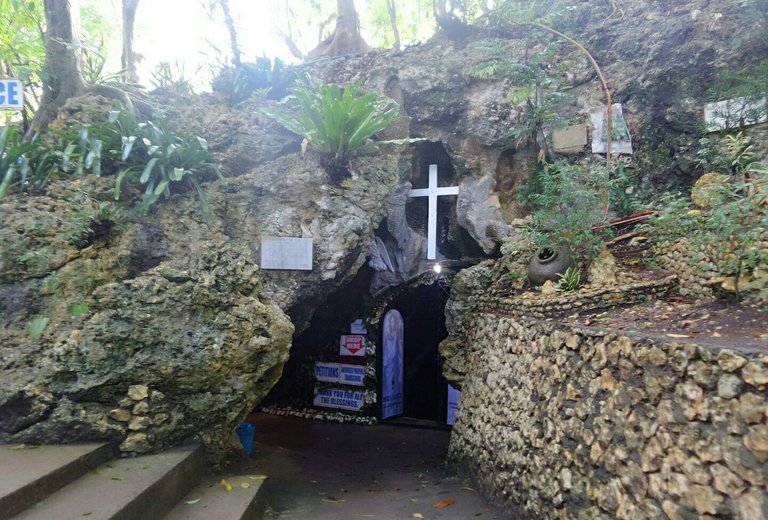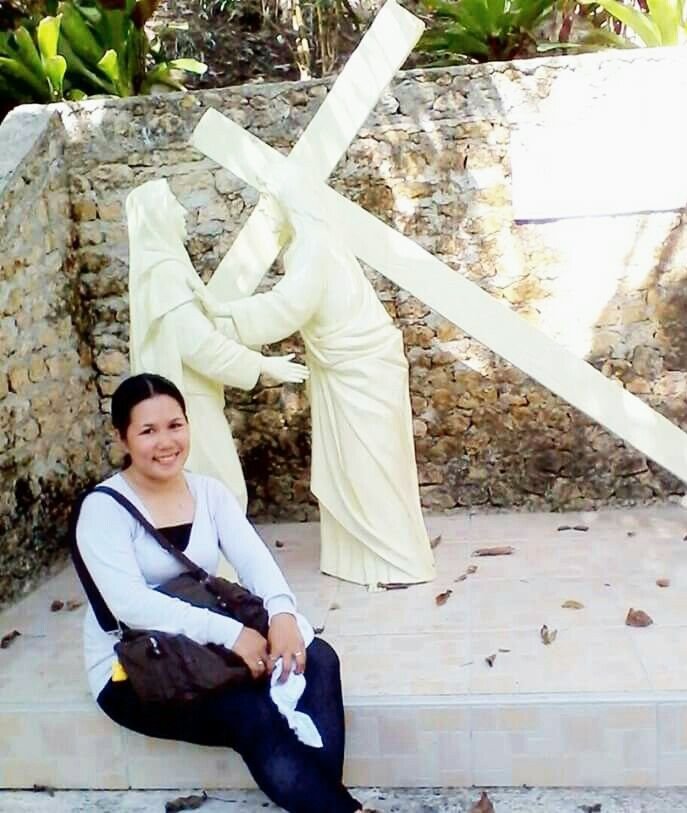The Shrine of Our Lady of the Assumption
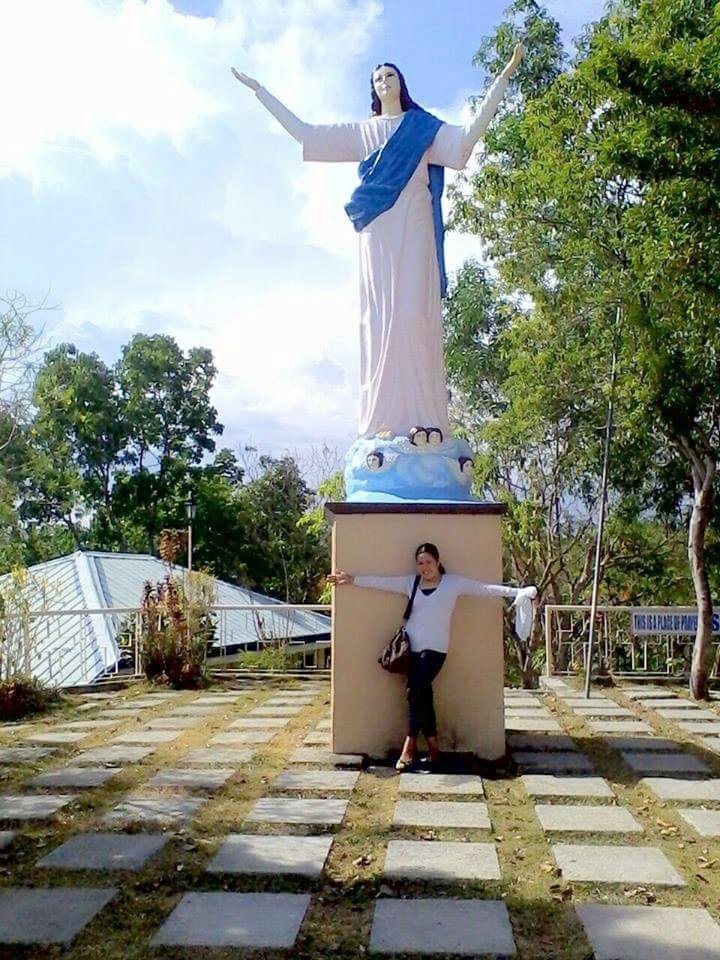
Maasin City is a very religous city. This shrine is Our Lady of the Assumption and the Most Precious Blood of Jesus or most commonly known as Monte Cueva Shrine.
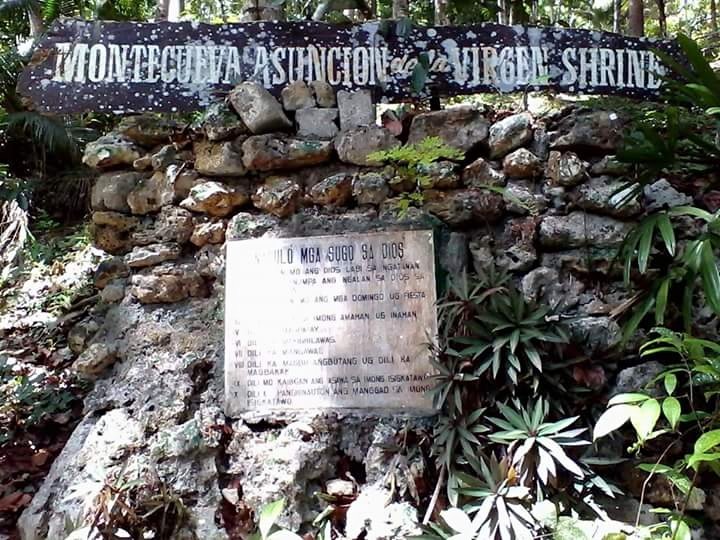
Monte Cueva is a small cave.Which was developed into a shrine with quaint chapel inside.
It is located at an elevation of 172 meters above sea level. Before you reach Monte Cueva, you must conquer first the laborious climb up the hill via a zigzagging concrete stairways. On the right-wing conrete stairway which serves as the entry point with 552 steps.
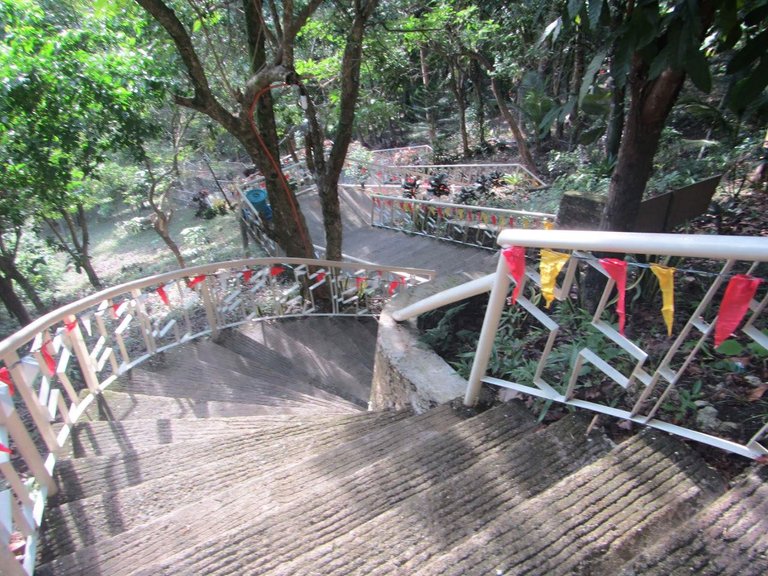
There is a store when you reach the open chapel where you can buy refreshing drinks and religious items and souvenirs.
Part of the open Chapel.
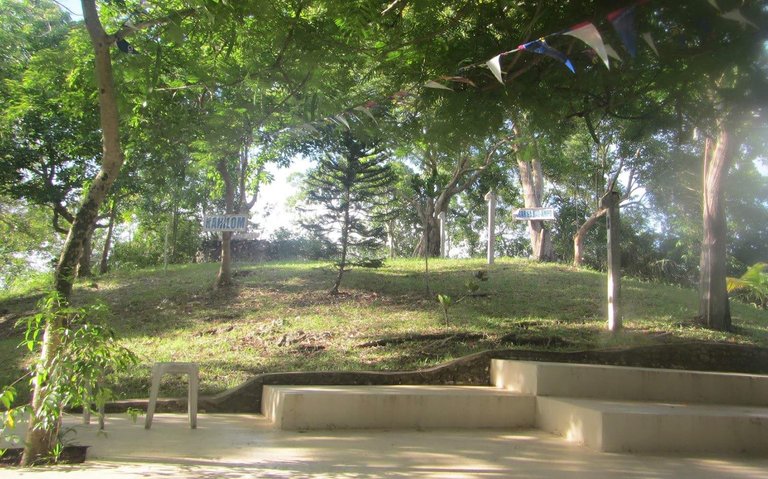
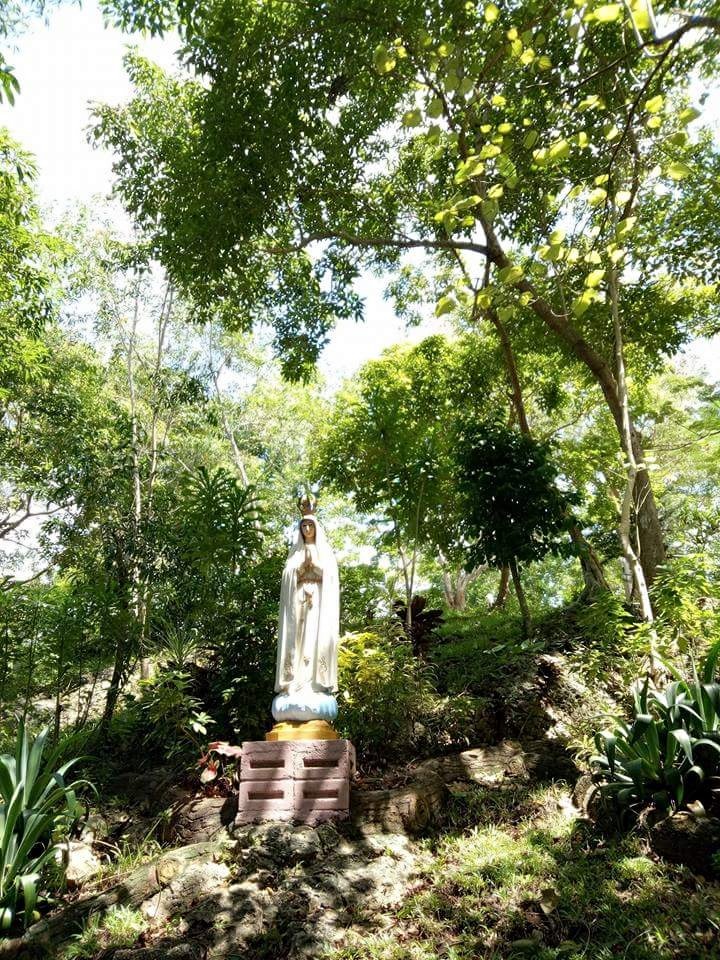
It is a very green open garden equipped with seats. Only the altar has the roof.
The open chapel separated to the green garden.
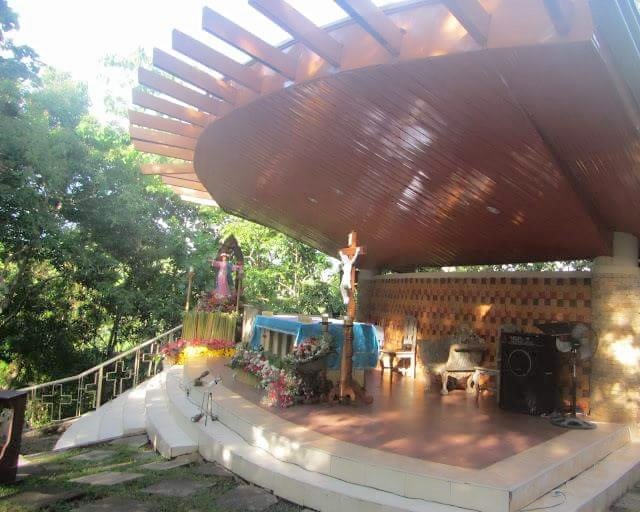
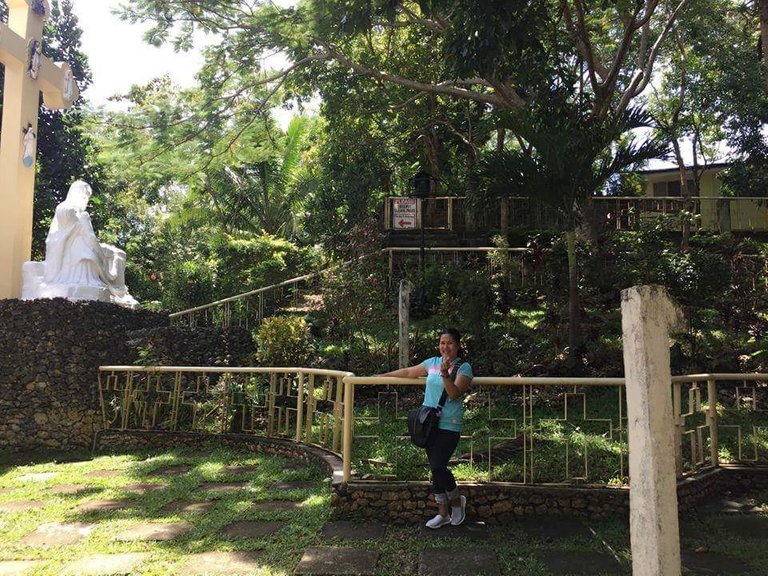
With regular masses being held here, pilgrims and devotees flock in big numbers. After all it is just 2 kilometers away from the city proper of Maasin which is 10-15 minutes drive with tricycles as the only transport going there.
Just few steps from the open chapel is the entry point to a cave with a cathedral inside. It was cold inside the cave. The wall stone is cold and it is equipped with lights inside.
Entrance before going to the cathedral cave.
A cathedral within a cave /Monte Cueva
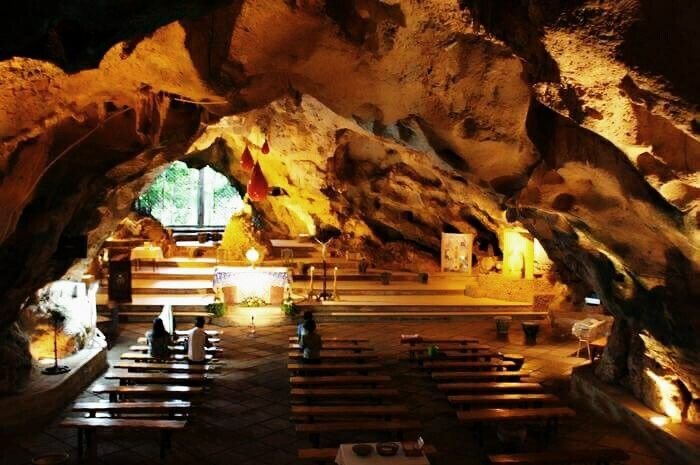
One of the Holy images inside the cathedral.
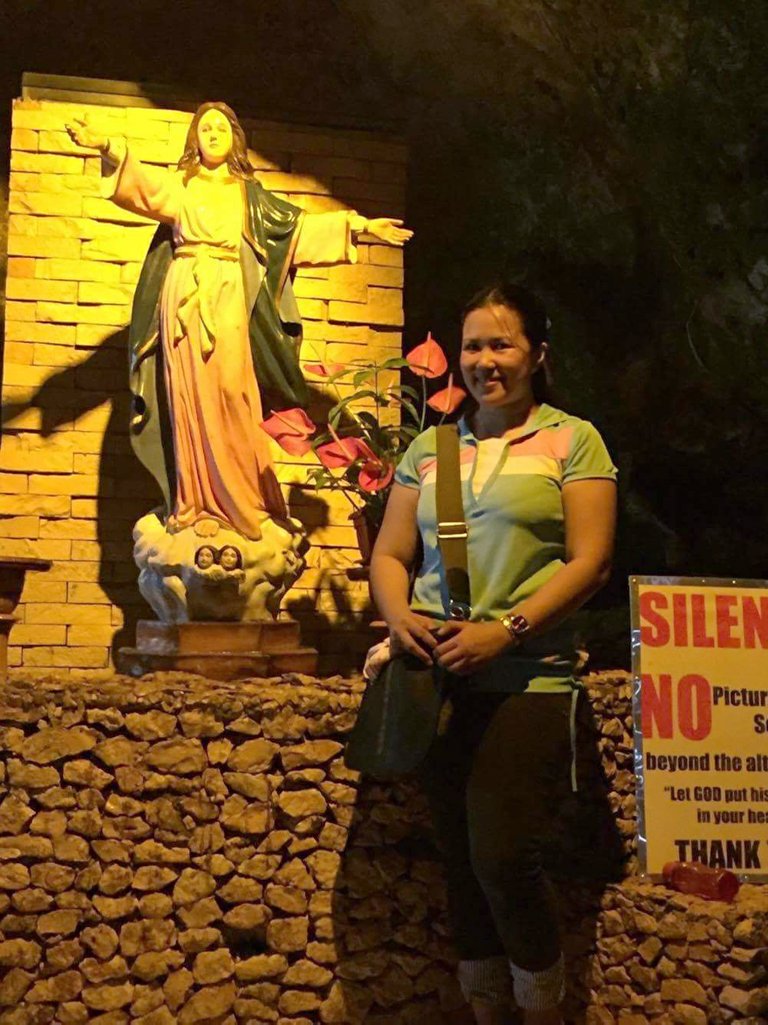
Capturing a lighted cathedral's interior.
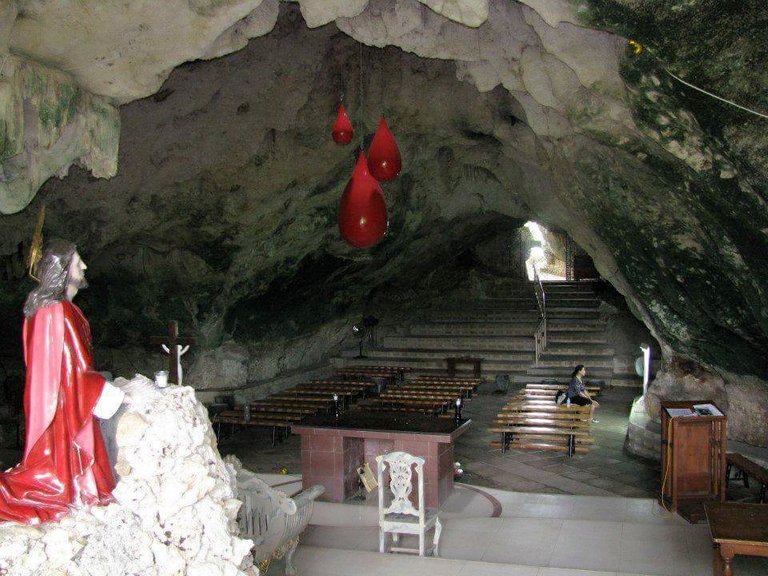
Selfie with the Blood of Jesus
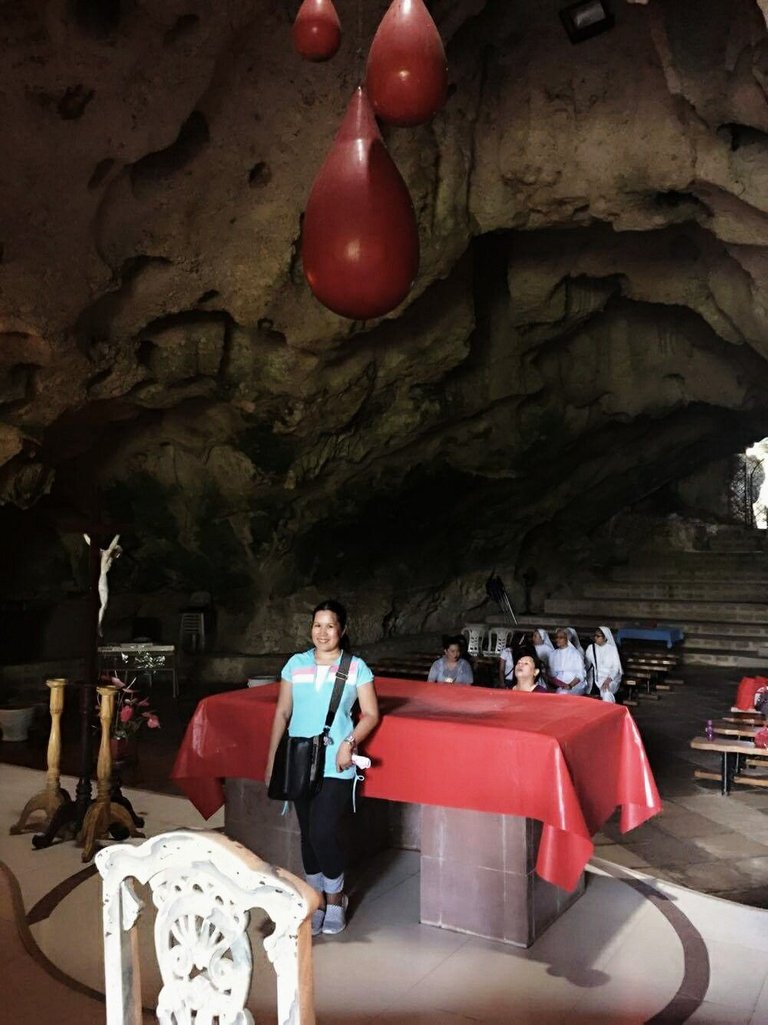
Most Precious Blood of Jesus
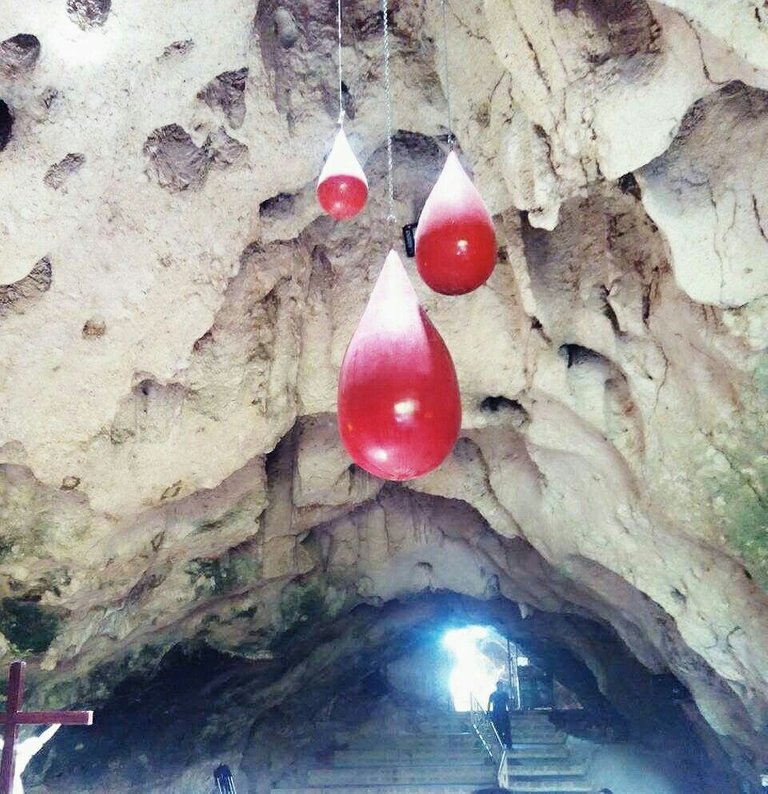
There were a lot of pilgrims in and out of the cathedral and the open chapel. Some came from Cebu City, Tacloban and Davao City.
The images of Our Lady of the Assumption
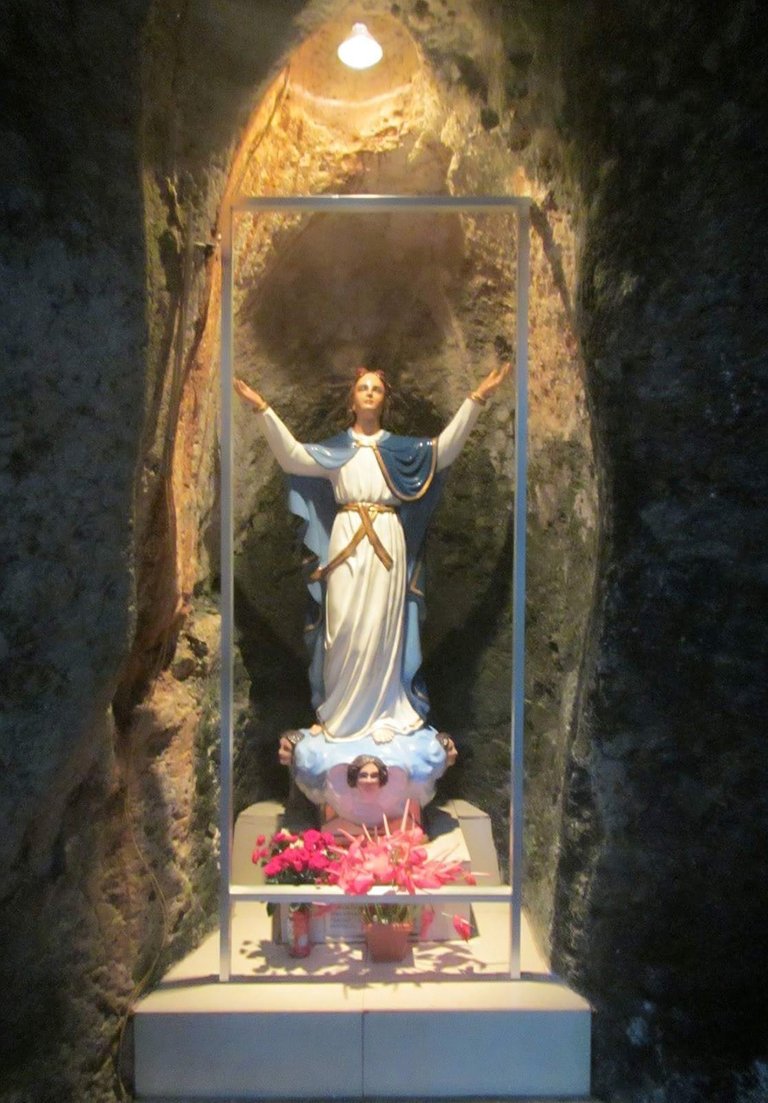
With my daughter and my niece
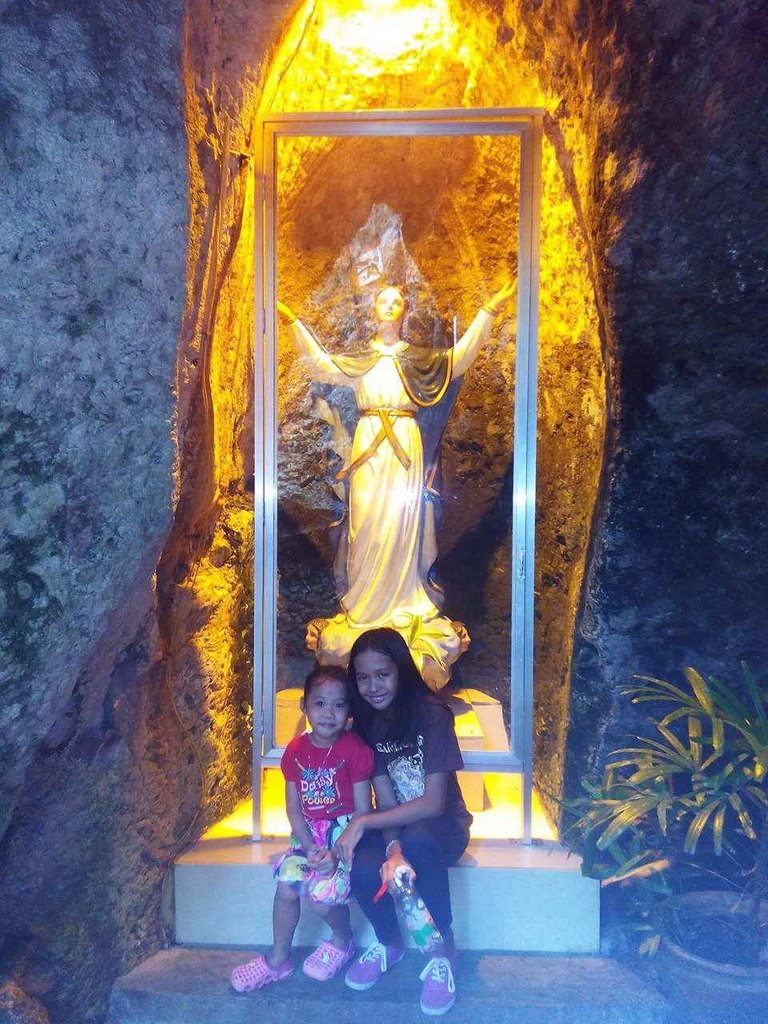
It was so spiritually relaxing staying inside the cathedral. And it was so solemn inside.
The 30-foot image of Our Lady of the Assumption with arms outstretched towards the city and the ocean which according to the staff it indicates love and protection for its beloved city Maasin.
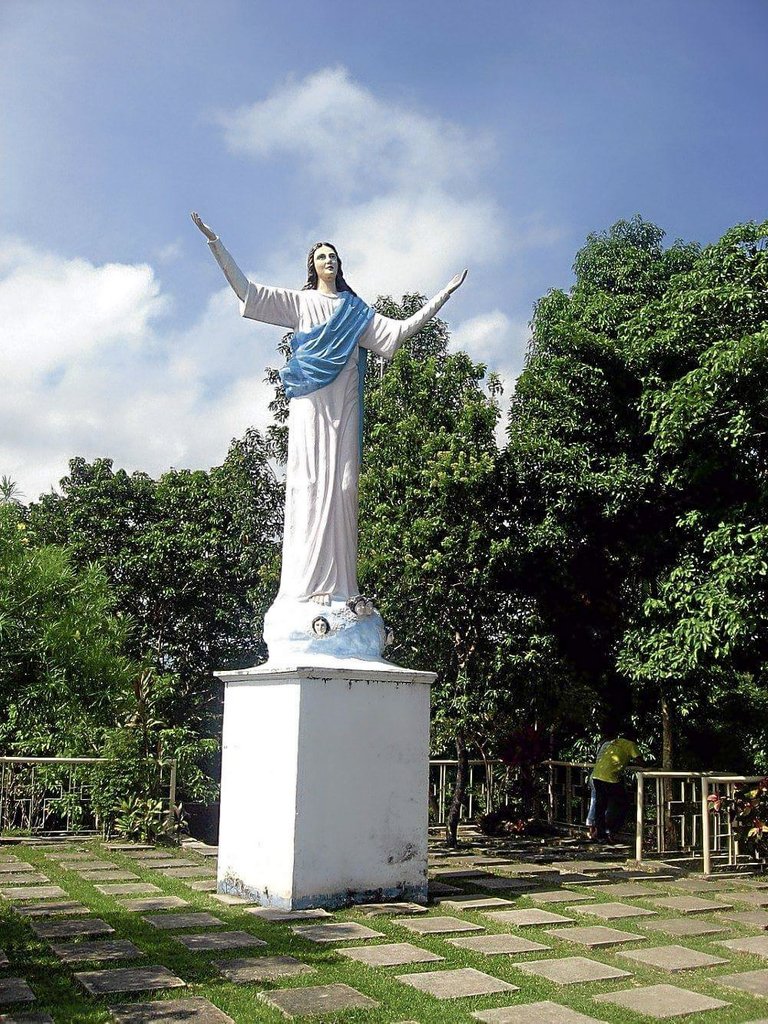
Part of the Station of the Cross
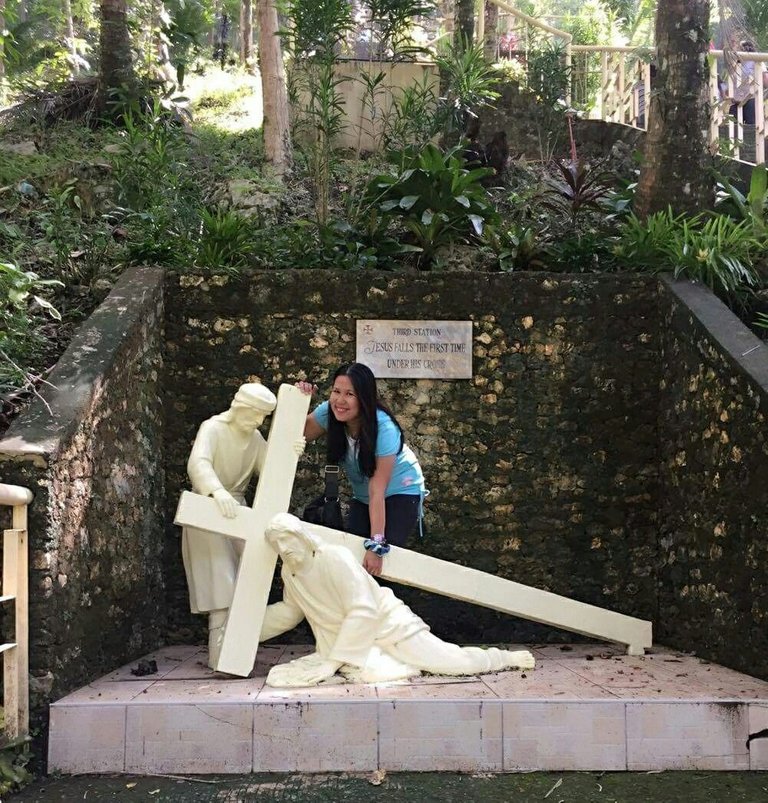
Station of the Cross
One of the staff told us that residents once referred to the place as a mountain cave or what the locals call as "aghuban" while some others called it Sitio Tinibgan, meaning a carved rock shaped like a wooden basin on the lower portion of a brook.
